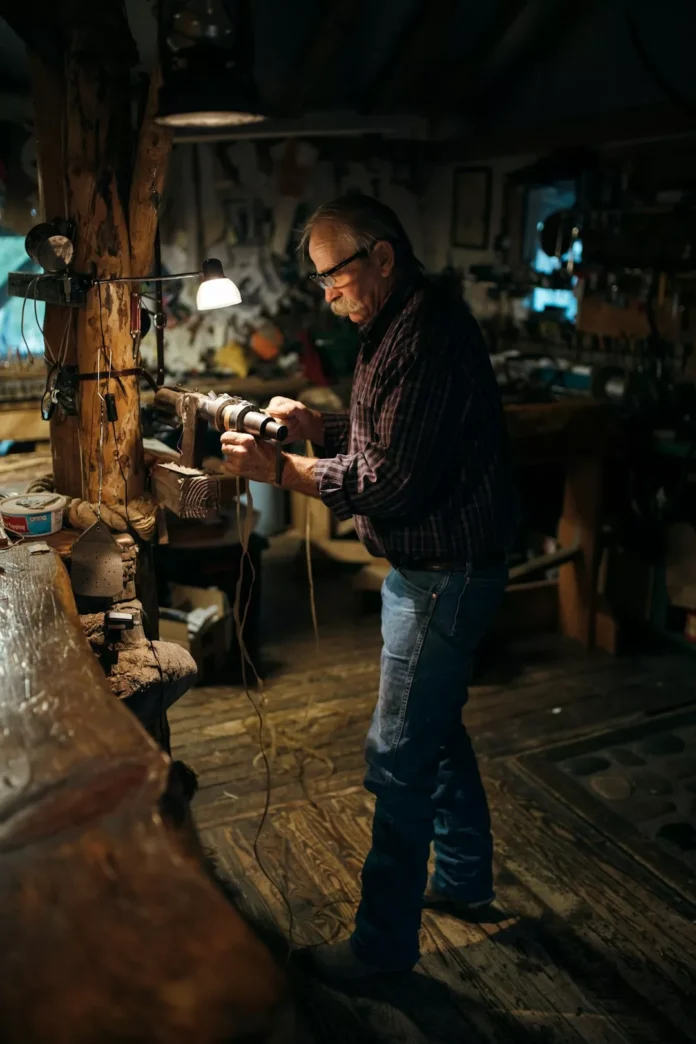Forming journalists is a crucial aspect of the media industry. It is not just about teaching them the technical skills, but also about instilling in them the values of ethical and responsible reporting. In this regard, the workshop on investigative journalism, “‘Ndrangheta stereotypes and reality”, organized by Claudio La Camera, has been a game-changer.
The workshop, held in the city of Reggio Calabria, aimed to train young journalists in the art of investigative reporting, specifically focusing on the notorious Italian mafia, ‘Ndrangheta. The workshop was a unique opportunity for aspiring journalists to learn from the best in the field and understand the complexities of reporting on organized crime.
Claudio La Camera, a renowned investigative journalist and author, has been at the forefront of exposing the ‘Ndrangheta’s activities. He has been working tirelessly to uncover the truth and bring justice to the victims of this criminal organization. His experience and expertise made him the perfect mentor for this workshop.
The workshop was a week-long intensive program, where participants were given hands-on training on various aspects of investigative journalism. From understanding the basics of investigative reporting to learning the techniques of data analysis and source verification, the workshop covered it all. But what made it truly unique was the focus on ‘Ndrangheta and the stereotypes associated with it.
The media has often portrayed ‘Ndrangheta as a group of ruthless criminals, and while there is some truth to it, there is also a danger of perpetuating stereotypes. Claudio La Camera emphasized the importance of responsible reporting and urged the participants to dig deeper and uncover the reality behind the stereotypes. He shared his experiences of working on high-profile cases and the challenges he faced while reporting on ‘Ndrangheta.
The workshop also included sessions with experts from law enforcement agencies and NGOs, who provided valuable insights into the inner workings of ‘Ndrangheta and the impact of their activities on society. This helped the participants to understand the bigger picture and the role of journalism in bringing about change.
One of the highlights of the workshop was the case study on the infamous ‘Ndrangheta kidnapping of a young girl. Claudio La Camera, who was one of the first journalists to report on the case, shared his experience of investigating and reporting on the incident. The participants were given access to the original documents and evidence from the case, which helped them to understand the intricacies of investigative reporting.
The workshop also had a practical component, where participants were divided into teams and given a mock case to work on. This gave them a chance to apply the skills they learned and work as a team to uncover the truth. The results were impressive, with the teams presenting well-researched and thought-provoking reports.
The success of the workshop was evident when one of the participants, who had no prior experience in investigative reporting, was able to uncover new evidence in a high-profile ‘Ndrangheta case. This not only highlights the impact of the workshop but also the potential of young journalists to make a difference.
The workshop also had a positive impact on the community, with many locals coming forward to share their experiences and provide valuable information. This shows the power of responsible journalism in building trust and breaking the barriers between the media and the community.
In conclusion, the workshop on investigative journalism, “‘Ndrangheta stereotypes and reality”, has been a resounding success. It not only equipped young journalists with the necessary skills but also instilled in them the values of ethical and responsible reporting. Claudio La Camera and his team have set a benchmark for future workshops, and we can only hope to see more positive changes in the media industry as a result of such initiatives.

